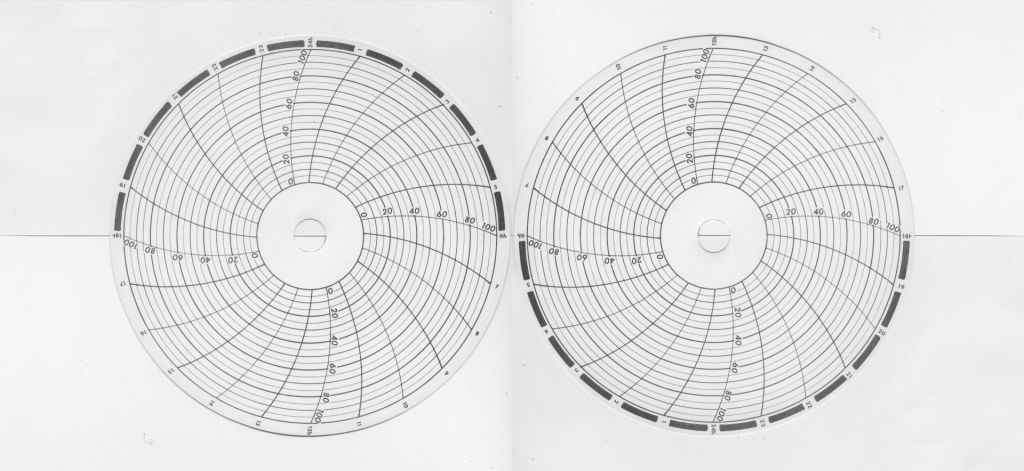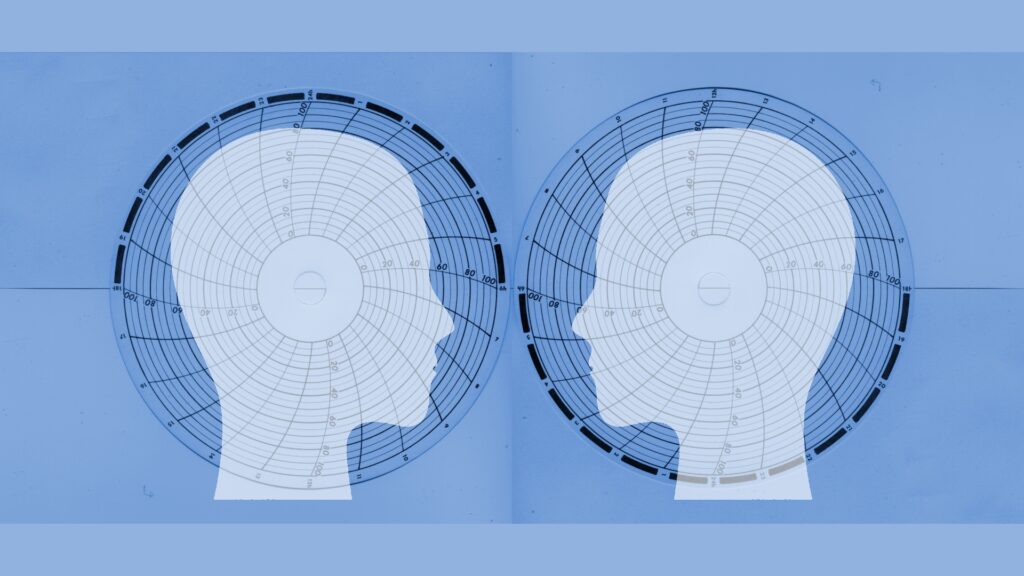Throughout the years, also inspired and stimulated by the many request to speak about a specific topic, a number of standard ‘philosophical activism seminars’ have taken shape. They are ‘standard’ in their entry point and focus, although therefore not necessarily in their length, depth and demarcations of the topic. In addition, having already enjoyed speaking at so many places all over the world, the dialogues with hosts and audiences on each of these occasions have deepened and enriched all of these seminars further.
Check my bio and the list of possible seminar topics below and contact me if you would be interested in inviting me as a contributor to your event or project, either as seminar organiser or as lecturer, panel member or participant in a dialogue. Let me know also if you have a different topic in mind for which you think I can make a valuable contribution.
As I do these seminars as a philosophical activist with sympathy for academic and civil society initiatives running on tight budgets, my contribution to your non-commercial gathering could be essentially free of charge, apart from coverage of my travel costs. Write me and let’s see what we can do together.
< philosophical activism seminar topics >
(The format can vary from a one hour presentation up to a full day interactive seminar)

New Humanism – Liberating Thoughts for Reflexive Minds
The adagio that we cannot solve our societal problems with the same methods that (facilitate to) create them is well known. The vision that inspiration and motivation for ‘new methods’ need to come from deeper thinking about who we are as individuals and groups and about how to deliberate these problems with each other is less popular. This vision is the point of departure of my New Humanism project.

Becoming Human in a Complex World
The value of education for a Cosmopolitanism Beyond Comfort Zones
What are the intellectual and ethical competences children need to develop in order to become (self)reflexive, caring and tolerant cosmopolitans or ‘citizens of the world’? What kind of education could support and guide them in that becoming while they are exploring their own path of life? Is there a need for a universal curriculum for ethical competence in education, and, if so, what should it contain?
holism . transdisciplinarity . inclusion
A new science for our complex world
Complex challenges such as dealing with climate change, pesticides or virus pandemics brought along the need for a rethinking of what science ‘should do’, ‘can do’ or on what science ‘actually is’ today. Science aiming to advise policy on these matters has to cope with multiple uncertainties and value-based opinions on what to do while often under pressure by politics, the public and the market to deliver evidence it cannot always deliver. One thing is clear: ‘traditional science’ relying on techno-scientific rationality, models and numbers alone cannot longer do the job.
The Consolatory Practice of Leaving
On reflexivity as art activism
What is the meaning and potential of socially engaged art, or art as social activism, today?
Art has no responsibility with regard to the claims it makes: the contemporary artist is not elected, does not promise to satisfy our needs and has nothing to prove. Artists can pretend to tell the truth, they are allowed to mislead the public and they can set any price on works without the need to rationally justify it. But that does not set them free from social responsibility when making activist art. The artist knows no comfort zones. Art is engaging in the consolatory practice of leaving the own comfort zone. Activist art can show politics, the market, science, religion, citizens and activists why and how they would need to leave their own comfort zones.
Melancholies of Modernity
The meaning of melancholy as an ethical experience
Robert Burton published the first edition of his magnum opus ‘The Anatomy of Melancholy’ in 1621. What looks at first sight as an exhaustive analysis of melancholy as a disease to be cured is in fact much more. Burton uses melancholy as a perspective to inquire into all human emotions and thought. In that sense, the Anatomy can also be seen as a total encyclopaedia of the human condition of that time.
Our modern times may now inspire us to re-read that meaning for the contemporary human condition, although not through a systematic re-interpretation of the encyclopaedic classes and categories, but on the basis of one simple idea….